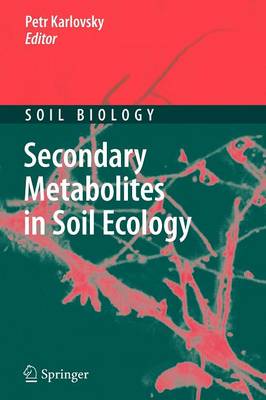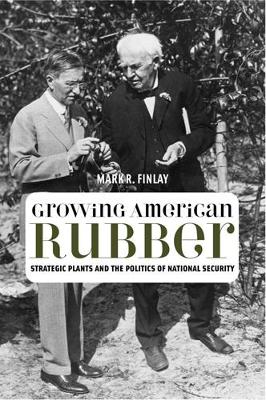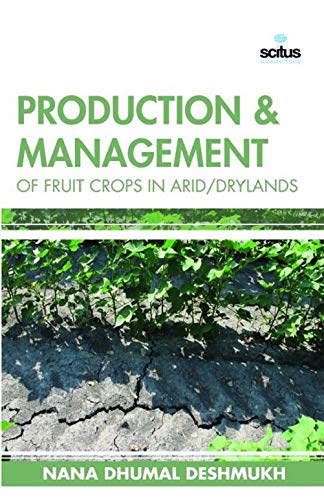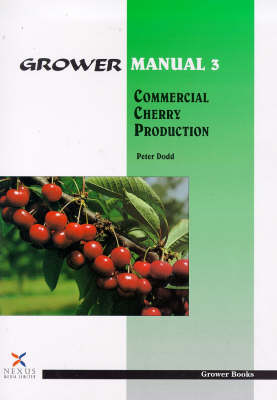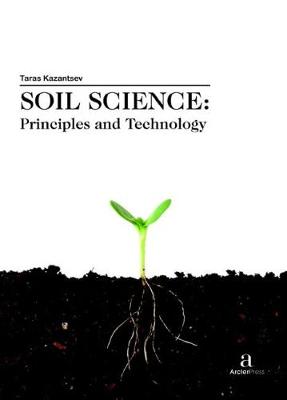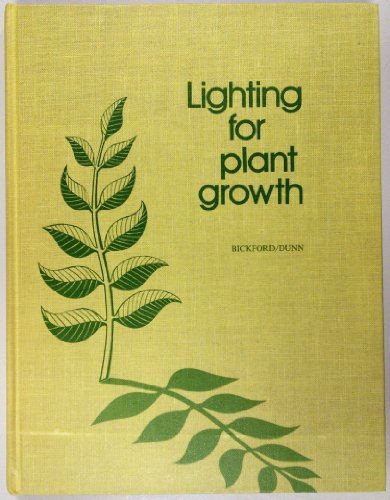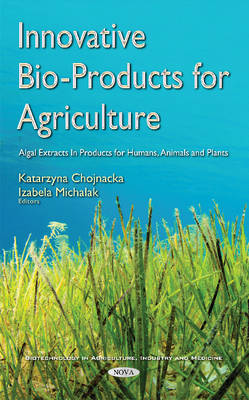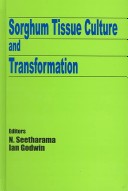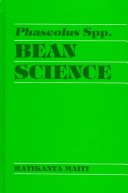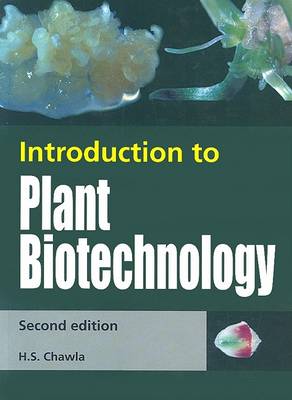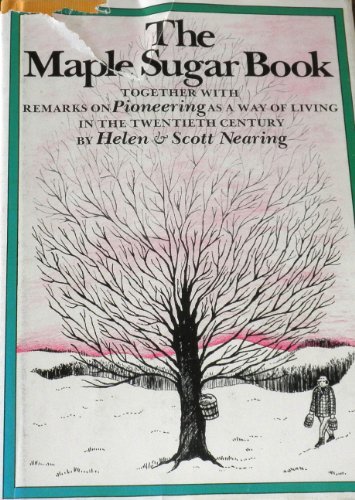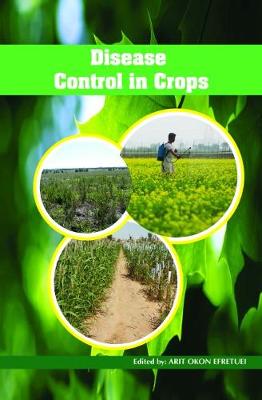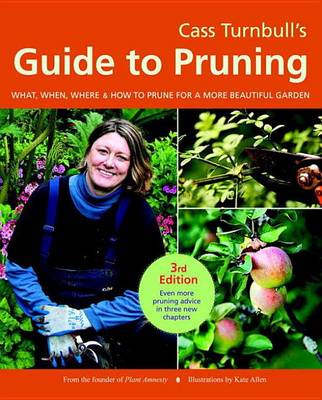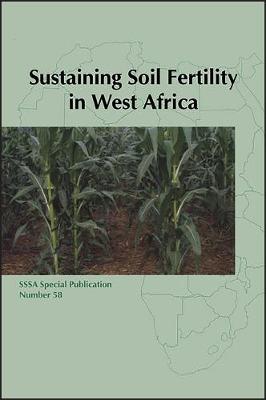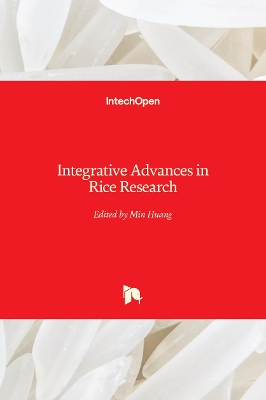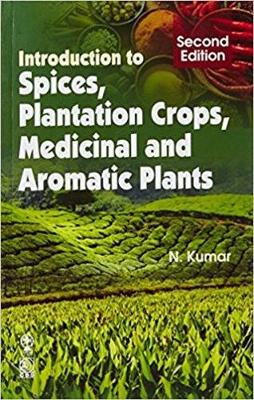Secondary Metabolites in Soil Ecology (Soil Biology, #14)
Microbiologists and soil scientists will find this study compelling reading. It focuses on the role of bacterial, fungal and plant secondary metabolites in soil ecosystems. Our understanding of the biological function of secondary metabolites is surprisingly limited, considering our knowledge of their structural diversity and pharmaceutical activity. This book reviews functional aspects of secondary metabolite production, with a focus on interactions among soil organisms.
Growing American Rubber (Studies in Modern Science, Technology, and the Environment)
by Mark R. Finlay
Growing American Rubber explores America's quest during tense decades of the twentieth century to identify a viable source of domestic rubber. Straddling international revolutions and world wars, this unique and well-researched history chronicles efforts of leaders in business, science, and government to sever American dependence on foreign suppliers. Mark Finlay plots out intersecting networks of actors including Thomas Edison, Henry Ford, prominent botanists, interned Japanese Americans, Haiti...
Production & Management of Fruit Crops in Arid/Drylands
by Nana Dhumal Deshmukh
Soil Science
The food that nourishes us, the water that we drink and the air that we breathe all depend on soils and their life-sustaining properties. Soil Science provides an understanding of the practical application of biology, chemistry, physics and earth science principles to integrated land use and environmental protection. It deals with soil as a natural resource on the surface of the earth including soil formation, classification and mapping; physical, chemical, biological, and fertility properties o...
Es una introduccion breve, pero completa, del increible mundo de la microbiologia del suelo. La vida microscopica del suelo esta presente practicamente en todo lo que respecta a nuestra vida cotidiana: desde el agua que bebemos, los alimentos que ingerimos, al aire que respiramos. El presente libro pretende transmitir al lector los fundamentos basicos de los organismos que habitan en el suelo, de modo que pueda apreciar lo que aportan estas formas de vida y de que manera intervienen en nuestro e...
Soil-The Basis of All Terrestrial Life Ancient civilizations and cultures-Mayan, Aztec, Mesopotamian, Indus, and Yangtze-were built on good soils, surviving only as long as soils had the capacity to support them. In the twenty-first century, productive soil is still the engine of economic development and essential to human well-being. The quality of our soil resources, however, is threatened by human-induced and natural perturbations. World Soil Resources and Food Security takes an in-depth lo...
Innovative Bio-Products for Agriculture
The aim of this book is to highlight the utilization of algae for the development of useful products using environmentally friendly technologies such as supercritical fluid extraction (SFE) and accelerated solvent extraction (ASE). Each chapter is a collection of comprehensive information on the present research on algae in different applications. The primary emphasis of this book however, is concerned with the products used for agriculture. Algal extracts were presented in this book also as a b...
Sorghum Tissue Culture and Transformation
Topics covered in this title include the tissue culture and genetic transformation of sorghum, examples of specific applications, transgene expression, and the deployment of transgenics in Third World agriculture.
Plant biotechnology has created unprecedented opportunities for the manipulation of biological systems of plants. To understand biotechnology, it is essential to know the basic aspects of genes and their organization in the genome of plant cells. This text on the subject is aimed at students.
The Maple Sugar Book, Together with Remarks on Pioneering as a Way of Living in the Twentieth Century
by Helen Nearing
Disease Control in Crops
The word "pesticide" is derived from Latin words pest -(which meansharm)and caedo (which means to destroy); it is the common name inchemical preparations for the destruction of organisms (pest) which cause damage to crops and livestock. By their nature, pesticidal substances are biologically active; they are capable of causing disturbances in the vital activity of living organisms of plant and animal origin. However, the degree of disruption of the vital activity of various organisms with the sa...
A Handbook for the Field Assessment of Land Degradation
by A Stocking and Niamh Murnaghan Michael
This 3rd Edition of Cass Turnbull's Guide to Pruning covers more than twenty additional plants in three new chapters. The result is the new definitive guide for the home gardener with friendly, expert advice from Cass Turnbull, founder of Seattle's PlantAmnesty, whose mission is "to end the senseless torture and mutilation of trees and shrubs caused by mal-pruning." Nothing about pruning is obvious. In fact, most of it is downright counterintuitive. People try to prune plants like they cut lumbe...
Integrative Advances in Rice Research
Salinisation of Land and Water Resources
by F. Ghassemi, A.J. Jakeman, and H.A. Nix
Introduction to Spices, Plantation Crops, Medicinal and Aromatic Plants
by N Kumar
